Commercial Services
We have extensive vegetation management experience …
Field Cutting
Field Cutting or Rough Cutting is the process of mowing down or destroying tall grasses and weed growth.
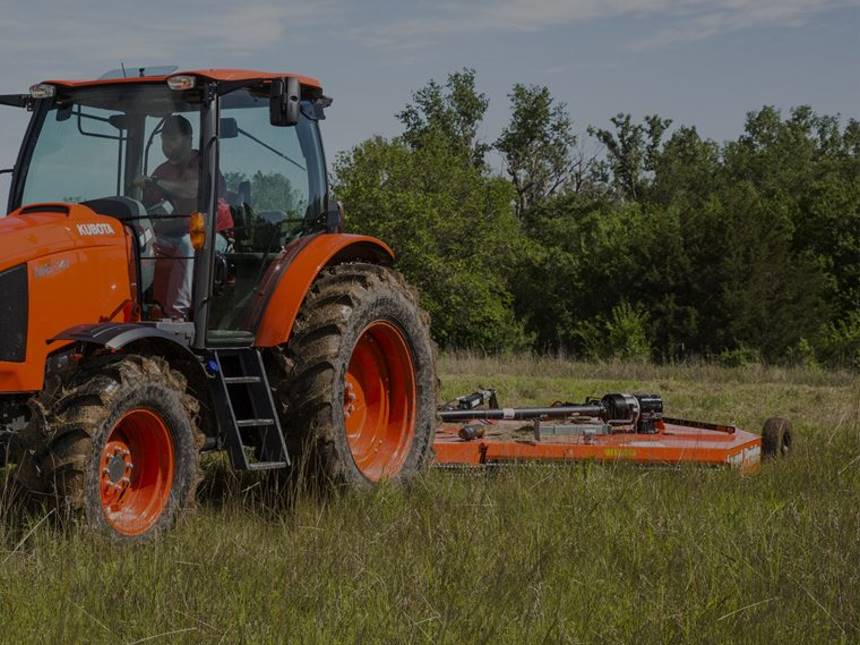
We perform this service on virtually any size property from residential lots to large acreage plots to road sides and Hydro Corridors.
We use large agricultural tractors with heavy duty rotary and flail mowers wherever possible. Smaller tractors, even walk behind brush cutters and string trimmers are used on smaller areas or areas where the terrain is difficult to manage.
Our Client list includes private land owners, several Municipalities, Land Developers and Hydro Commissions.
Industrial & Roadside Vegetation Management
Leuschner’s has been a leader in Industrial Vegetation Management for over four decades. We have been providing vegetation management for all sectors of industry and land owners such as; Highway, Railway, Gas and Oil Pipelines, Hydro, and Communications.
Successful vegetation management is to manage problem vegetation and noxious weeds and depends on an integrated approach. This includes a wide variety of best management practices to address the many issues involved.
Industrial Vegetation Management is essential to prevent the spread of weeds, as well as to protect industrial sites from areas of disturbance or transportation corridors that generally have a greater potential for the invasion and establishment of weeds.
Mowing is a common method for controlling weeds and vegetation growth, especially in areas with frequent human disturbance like transportation corridors and industrial sites. Regular mowing can reduce the biomass of weeds and other unwanted plants, limiting their ability to reproduce and spread.
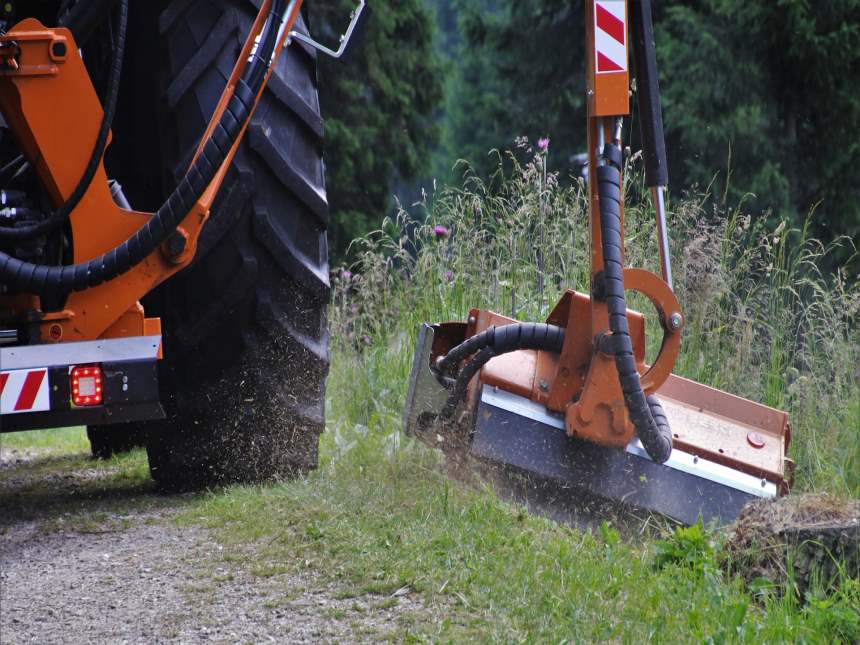
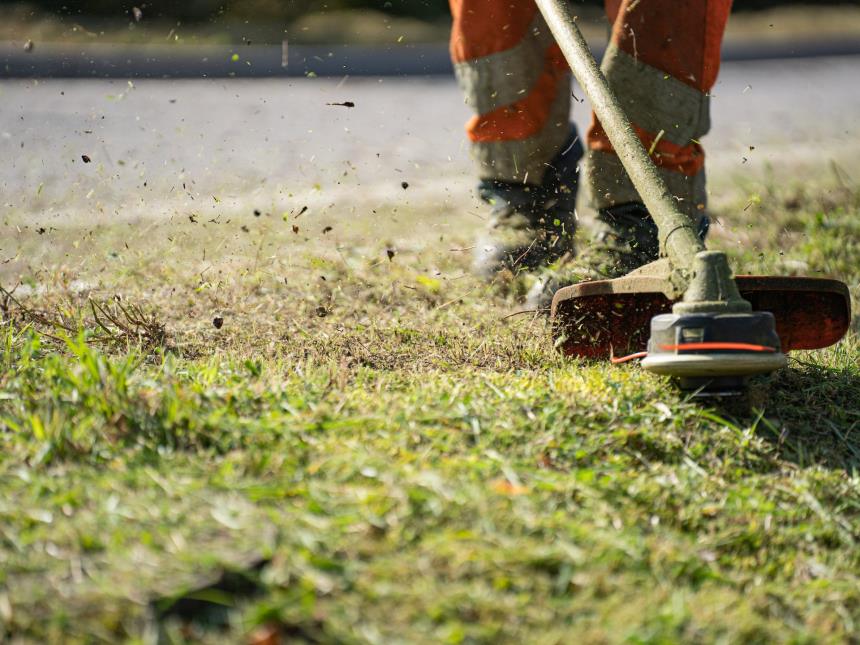
Additionally, mowing can promote the growth of desirable vegetation and improve site aesthetics.
However, mowing alone may not be sufficient for effective weed control, as some weeds have adapted to survive frequent mowing and can quickly regrow. In such cases, herbicides are applied for weed and brush control. Herbicides can target specific weed species while leaving desired vegetation unharmed. Industrial spraying is also used for control of vegetative growth in and around industrial sites, guard rails,hydro corridors, and storage yards.
Leuschner’s uses the latest technology and industry standards for its herbicide applications. We offer a variety of application methods, including cut stump/stem herbicide applications, basal bark treatments, and pre and post-emergent herbicide applications. Our experienced team also employs an integrated pest management approach, which utilizes a variety of best management practices to address the many issues involved in vegetation management.
Other objectives of Industrial Vegetation Management policies and practices include the encouragement of quick plant growth after construction (to avoid soil erosion), the control of invasive species, and the enhancement of site aesthetics.
We have extensive experience in Industrial Vegetation Management. Our expertise has allowed us to secure contracts with Transportation Ministries, Hydro Commissions and various Public Works Utilities.
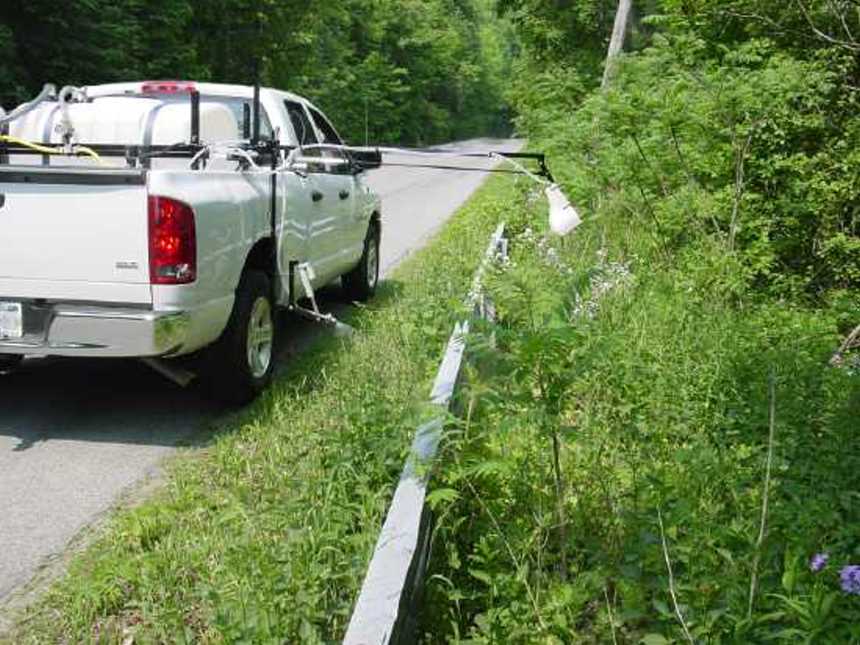
Invasive & Poisonous Plant Control
Exotic invasive plant species are those not native to the habitat in which they are causing harm to either the environment, economy or society (Environment Canada, 2004). Invasive species such as Phragmites, Japanese Knotweed and Dog-Strangling Vine are becoming increasingly prevalent in Ontario.
Poisonous plants – such as Giant Hogweed and Wild & Cow Parsnip were not previously recognized in Ontario’s noxious weed legislation. However, these plant species are increasingly prevalent in Ontario. Much like the more commonly known plant, Poison Ivy, they create risk for humans enjoying the use of outdoor spaces.
For decades, Leuschner’s, has been working in partnership with many local Government Agencies, including Townships, Municipalities, Ontario Government Ministries and Conservation Authorities throughout South Central Ontario to control the proliferation of hazardous and invasive plants. The objective is to minimize the risk of human exposure through the implementation of various abatement strategies and limit environmental impacts that these plant species can create.
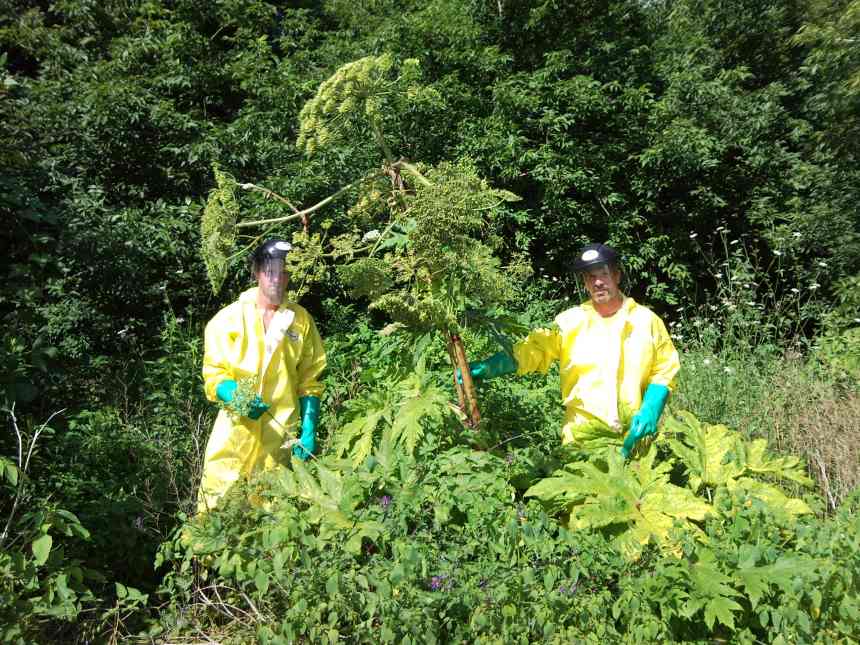
As per the Ministry of Agriculture, Food and Rural Affairs, the intent of the Weed Control Act is:
- To reduce the infestation of noxious weeds that negatively impact on the industries of agriculture and horticulture.
- To reduce plant diseases by eliminating plant disease hosts such as common barberry and European Buckthorn.
- To reduce health hazards to livestock caused by poisonous plants.
What is a noxious weed?
In general terms the definition of noxious is: Harmful to living things; injurious to health. In Ontario, 24 weeds are considered noxious under the Weed Control Act.
“Every person in possession of land shall destroy all noxious weeds on it. R.S.O. 1990, c. W.5, s. 3.”
It is extremely important to remove toxic weeds, as many pose a health hazard to humans and animals. In some cases severe burning or blindness can occur.
If you are unsure of the types of weeds on your property, you can arrange a consultation with us, we will advise you on the appropriate safety and control methods required.
- Bull Thistle
- Canada Thistle
- Colt’s Foot
- Common Barberry
- Common Crupina
- Cypress Spurge
- Dodder
- European Buckthorn
- Giant Hogweed
- Jointed Goatgrass
- Knapweed
- Kudzu
- Leafy Spurge
- Milkweed
- Poison Hemlock
- Poison Ivy
- Ragweed
- Serrated Tussock
- Smooth Bedstraw
- Sow Thistle
- Tanay Ragwort
- Wild Chervil
- Wild Parsnip
- Woolly Cupgrass
Call us today for a free, no obligation quote! You can also email us on our contact page.
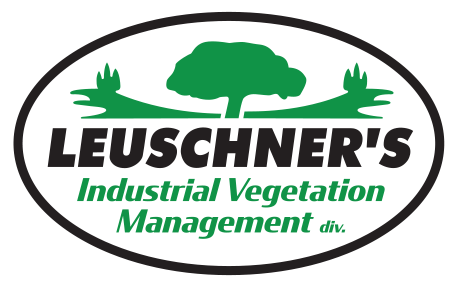
CALL US
Toll-Free: 1-800-417-7309
Local: 905-709-2221
Monday-Friday 9am-5pm
